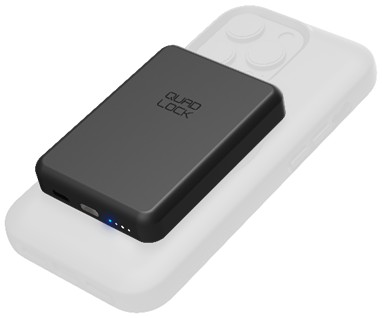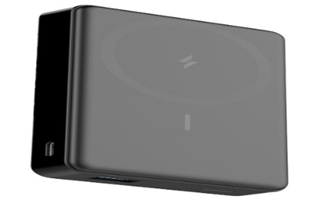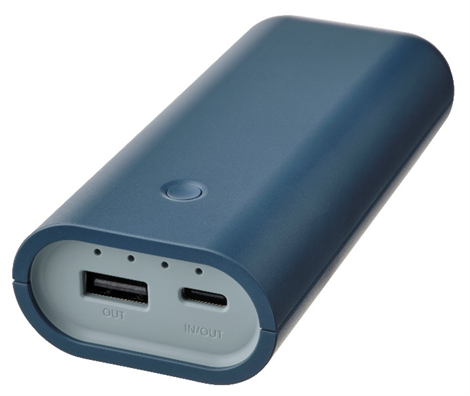Pins in the rear of the box that connect to the power cord could break, which could pose an electric shock hazard to consumers.
About 1 million
For more information, contact your local cable provider or Motorola at (866) 281-1588 anytime, or visit their website at www.motorola.com.
Recall Details
WASHINGTON, D.C. - In cooperation with the U.S. Consumer Product Safety Commission (CPSC), Motorola Inc. Broadband Communications Sector, of Horsham, Pa., is voluntarily recalling about 1 million DCT2000 digital cable set-top boxes installed earlier this year. Pins in the rear of the box that connect to the power cord could break, which could pose an electric shock hazard to consumers.
CPSC and Motorola have not received any reports of these set-top boxes causing shock or injury.
As previously announced, Motorola filed a preliminary report with CPSC about the DCT2000 set-top boxes in June 2002. Digital cable operators distributed these set-top boxes nationwide in conjunction with digital cable services from March 2002 through June 2002.
These digital cable set-top boxes are black, about 17 inches wide and 2.5 inches high. "MOTOROLA" and "INTERACTIVE DIGITAL COMMUNICATIONS" are written on the front of the units. The model number, "DCT2000" is written on the cover of the user guide that came with the box. Motorola's DCT2000 set-top box provides cable subscribers access to various digital, audio, and interactive TV services, including expanded channel counts; digital-quality video and audio; interactive program guides for viewing convenience and control; parental control; and virtual channels for community and local information.
Consumers with these DCT2000 digital cable set-top boxes can continue to use them as normal, but they should not remove the power cord from the rear of the set-top box. If it is necessary to unplug the boxes, power cords should always be unplugged from the wall outlet or other energy source. Motorola estimates about 30,000 of these set-top boxes have power cord pins that could break. Cable operators are contacting their customers to determine if they have a set-top box included in the recall that needs to be replaced. For more information, contact your local cable provider or Motorola at (866) 281-1588 anytime, or visit their website at www.motorola.com.
Consumers with these DCT2000 digital cable set-top boxes can continue to use them as normal, but they should not remove the power cord from the rear of the set-top box. If it is necessary to unplug the boxes, power cords should always be unplugged from the wall outlet or other energy source. Motorola estimates about 30,000 of these set-top boxes have power cord pins that could break. Cable operators are contacting their customers to determine if they have a set-top box included in the recall that needs to be replaced.
CPSC and Motorola have not received any reports of these set-top boxes causing shock or injury.
Note: Individual Commissioners may have statements related to this topic. Please visit www.cpsc.gov/commissioners to search for statements related to this or other topics.
The U.S. Consumer Product Safety Commission (CPSC) is charged with protecting the public from unreasonable risk of injury or death associated with the use of thousands of types of consumer products. Deaths, injuries, and property damage from consumer product-related incidents cost the nation more than $1 trillion annually. CPSC's work to ensure the safety of consumer products has contributed to a decline in the rate of injuries associated with consumer products over the past 50 years.
Federal law prohibits any person from selling products subject to a Commission ordered recall or a voluntary recall undertaken in consultation with the CPSC.
- Visit CPSC.gov.
- Sign up to receive our email alerts.
- Follow us on Facebook, Instagram @USCPSC and Twitter @USCPSC.
- Report a dangerous product or product-related injury on www.SaferProducts.gov.
- Call CPSC’s Hotline at 800-638-2772 (TTY 800-638-8270).
- Contact a media specialist.






